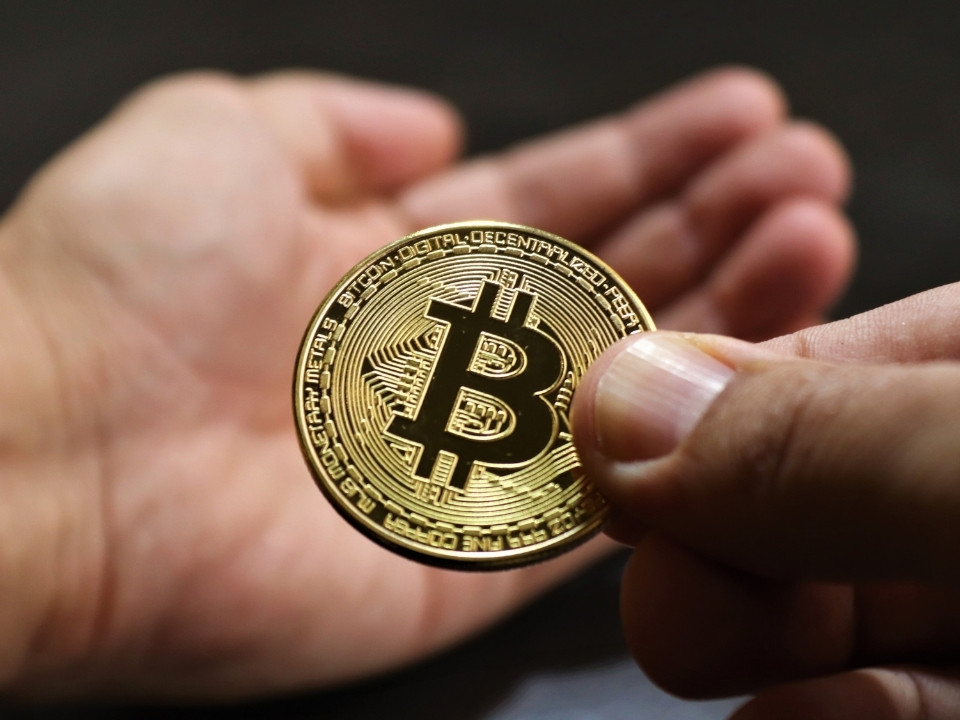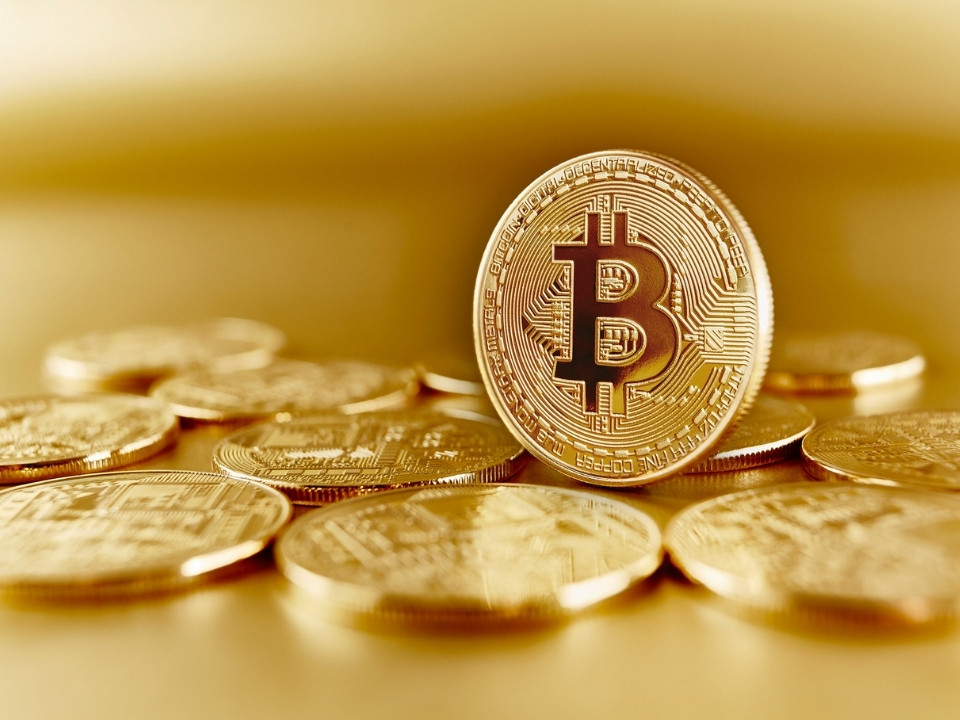Investors today have a seemingly endless number of options. Cryptocurrencies are one of the latest of these choices, with Bitcoin entering the market in 2009. Now acknowledged as a revolutionary concept, the blockchain on which Bitcoin is based has become part of the collective consciousness.
Just ten years ago, blockchain technology was an obscure concept that few understood. Today it’s shot into the spotlight as an investment opportunity and also a payment method. We’ll examine the latter today.
In this article, we’ll look at whether you can buy gold with Bitcoin and how to do so.
Can You Buy Gold with Bitcoin?
The short answer is, “Yes.” As long as you can find an exchange willing to accept Bitcoin as payment, you’re golden. Whether you should or not is a little more complex, so read on for more information.
The Benefits of Buying Gold With Bitcoin
Decentralized System
One benefit of using bitcoin to buy gold is that there are no banker’s hours: no delays due to holidays or weekends. There are no limits per day or any kinds of restrictions. Bitcoin runs off a decentralized network of computers from all over the globe instead of through a single bank’s servers.
If a bank’s servers crash, you have no access to your account. With Bitcoin, half the nodes in the network could go offline, and it would still function.
Convenience
Bitcoin is a digital currency that only exists online. All you need to pay for your gold is:
- A cryptocurrency wallet
- Your security key
- An internet connection
Speed
Payments through the conventional banking system may move through several intermediaries. Each intermediary slows the process slightly. Bitcoin is a peer-to-peer system where money passes directly from one account to another.
Security
As a Bitcoin user, you remain anonymous on the system. The only identifying criterion is your Bitcoin address, so no one can tell that you’re buying gold or anything else.
The system itself is also far more secure than conventional banking systems. Transactions are encrypted. To add these transactions to the record, nodes within the network must solve a complex equation and then submit their proof of work for verification.
Verification occurs when the majority of nodes online agree that the solution is correct. Once this happens, the transaction takes place and becomes irreversible.
The security of the system is that:
- No one can add a transaction without the consensus of the network.
- Once the transaction is on record, you cannot alter it.
- It’s impractical for hackers to try and alter the history because each node in the network carries a copy of the blockchain.
- The software breaks the data up into blocks and time stamps each.
Borderless Transactions
Bitcoin is a currency in its own right. It’s an accepted form of payment in most countries across the globe. This saves you money because you don’t have to pay fees for converting from one fiat currency to another.
Borderless transactions, in this case, also extend to rural areas where there’s a lack of banking infrastructure. As this is a peer-to-peer network and digital currency, it’s unnecessary to have a brick-and-mortar bank.
You can affect payments and receive funds as long as you have internet access. With more merchants accepting cryptocurrencies, it’s becoming a more convenient means of payment.
Cost-Effective
Again, thanks to the lack of intermediaries, standard cryptocurrency transfers are generally cheaper to effect. The exception here is when the network is congested and you have to pay high fees for priority service.
The Downside of Using Bitcoin as a Payment Method

Volatility
The price of cryptocurrencies is purely market-driven. When investor confidence in the currencies is high, the prices soar. Should something spook investors, however, the coins can lose significant value overnight.
While the volatility should ease over time, it’s still worth bearing this in mind.
Network Capacity
Bitcoin was an experiment that started in 2009. At the time, the maximum block size was ample. As more people use the network, however, blocks fill up more quickly, and transactions back up. This, in turn, leads to delays in processing transactions.
You can pay more and jump the queue, but that counters the cost-effective nature of this form of payment. Bitcoin cannot, at this stage, match the processing capacity of credit card companies.
Irreversible Transactions
Transactions being irreversible is a double-edged sword. It’s good because it prevents fraudulent chargebacks. It’s bad because there’s no way to recover your money unless the person refunds it. If you make a mistake with the address or deal with an unscrupulous seller, you have no recourse.
Transparency
The blockchain ledger is open for anyone to view. This means that anyone can check the transfers made by any user. They can also see the balance in the account. The system doesn’t give the details of the users, but if someone has your Bitcoin address, they can track your transfers back to you.
How to Buy Gold with Bitcoin
Create Your Bitcoin Wallet
If you don’t already have a Bitcoin wallet, you’ll need to set one up. There are several options available, as each wallet caters to specific needs. Find the one that best suits you and sign up.
You’ll then receive an address and a security key, so this is something like a bank account. Unlike a bank account, however, there’s no way to recover the information if you lose it. So it’s advisable to backup the address and security key in a secure location, preferably offline.
Fund the Wallet
There are several ways to fund your wallet. The methods available to you will differ between vendors, and there may be additional fees depending on the company. Common options include:
- Bank Transfer: Bank transfers take between one and four days as you pay the money into the company’s bank account. Your funds will only reflect when the recipient company picks them up on their bank statement.
- Card Payments: If you prefer not to wait, fund your account using your credit or debit card. The money will show immediately.
- Receive Payments: You can also receive Bitcoin from other users. Provide them with your address, and they can pay the money directly into your wallet. (Don’t, however, give them your security key.)
- Exchanges: Buying from an exchange is a simple way to build your stash of Bitcoin or other cryptocurrencies. Choose a reputable exchange, and bear in mind that some will ask you to verify your identity as per the regulations of their country.
- Cash: If there is a Bitcoin ATM nearby, you can deposit some money into your account that way. The funds will show in your wallet immediately.
Seek out a Reputable Dealer to Buy Your Gold
Now that you have your Bitcoin, look for a reputable gold dealer and complete the transaction online. It’s simple:
- Choose the amount of bullion you want, or select a specific gold product.
- Add it to the shipping cart and click through to the checkout.
- Choose “Bitcoin” as your payment method.
- You will receive an invoice.
To complete the payment, you may:
- Send the money from your wallet yourself: To do so, sign in to your wallet, and create a payment for the amount owing. Be sure to copy and paste the company’s Bitcoin address accurately.
- Use the QR code: If your wallet supports QR scans, simply scan the code on your invoice. Then approve the payment in your wallet’s app.
Depending on how busy the blockchain is, it may take up to 24 hours to verify your purchase.
Is Now a Good Time to Buy Gold with Bitcoin?

While cryptocurrencies and gold are two different asset classes, they share some interesting similarities:
- Both are finite resources.
- You can use both to pay for goods or services.
- The prices for both are market-driven rather than set by a centralized government.
- Investors use both to hedge against inflation or poor market conditions.
- Both are options that appeal to investors who feel disillusioned with fiat currencies.
That, however, is where the similarities end. Gold’s value is far more stable than that of Bitcoin. As a result, investors often shore up their portfolios with gold because it will appreciate over time.
Bitcoin, at the moment, is still a speculative investment. Market sentiment drives the gains and losses, so investors must be willing to accept the risks. It’s also still relatively new, and so there are also wrinkles to iron out.
Whether or not you swap your Bitcoin for gold depends on your investment goals and risk appetite. If you’re a conservative investor and aiming to preserve your capital, the volatility of Bitcoin might be off-putting. On the other hand, if you’re willing to risk your money for higher gains, you may prefer Bitcoin.
A more measured approach, however, might be to adopt a long-term view. Gold is a solid investment with the potential for good growth over the years. Bitcoin, if you have the stomach to wait it out, does too.
Whatever type of investor you are, having a diversified portfolio makes sense. Holding both assets allows you to benefit from both while spreading the risks.
Get the Best Possible Advice
Would you like your investment portfolio to meet the gold standard? Learn About Gold works with an extensive network of Gold IRA partners. Complete our simple investment questionnaire, and we’ll match you with the right partner to help you grow your portfolio.





